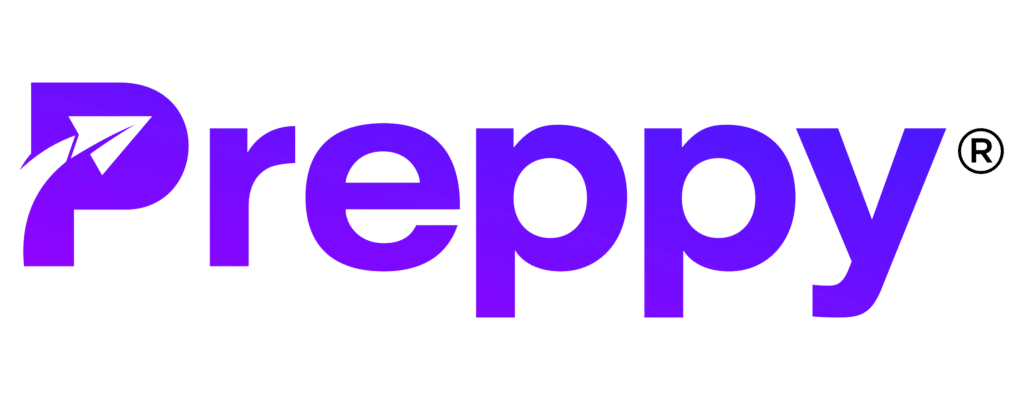If you’re thinking about becoming a Medical Administrative Assistant, you’re not alone. This role has quickly become one of the fastest-growing careers in healthcare, and it offers a solid entry point into the medical field without the need for years of clinical training or a hefty student loan debt. But to thrive in this role, there’s more to it than just liking office work or enjoying helping others.
In today’s fast-paced healthcare environment, success as a medical administrative assistant requires a specific set of core skills—skills that go far beyond just answering phones or filing paperwork. This guide breaks down the top five essential skills you’ll need to stand out and build a fulfilling, professional career in medical administration.
1. Advanced Organizational Abilities
As a medical administrative assistant, you are the organizational heartbeat of a medical office. From managing patient records and appointment calendars to coordinating insurance claims and keeping track of communications, your role demands exceptional organizational skills.
Why Organization Matters
Healthcare offices are dynamic environments where multiple tasks happen at once. A typical day might include scheduling follow-ups, retrieving lab results, updating electronic health records, and managing incoming calls—all before lunch.
A disorganized office can result in:
- Missed appointments or double bookings
- Lost medical records
- Delayed care for patients
- Confusion among staff and clinicians
To avoid this, top medical admins develop systems for both digital and physical recordkeeping. They’re comfortable using electronic health record (EHR) platforms, organizing files, color-coding documents, and maintaining strict schedules.
What You Can Do:
- Practice prioritizing daily tasks
- Use calendars, apps, and reminders effectively
- Learn to multitask without sacrificing accuracy
2. Communication Excellence
In any healthcare setting, communication is everything. As the first point of contact for patients, medical administrative assistants must be able to speak clearly, listen attentively, and convey information accurately.
Interpersonal Communication
You’ll often be speaking with patients who may be confused, in pain, or overwhelmed. Showing empathy while still providing clear information is key.
Professional Communication
You’ll also need to interact with:
- Doctors and nurses
- Insurance companies
- Pharmacies
- Lab technicians
- Other office staff
Each of these interactions demands a slightly different tone and level of formality. Knowing when to be compassionate and when to be concise is part of the skillset.
What You Can Do:
- Practice active listening and conflict resolution
- Improve your phone and email etiquette
- Learn medical office vocabulary for clearer communication
3. Technical Proficiency
Gone are the days of relying on paper charts and manual appointment books. Today’s medical offices depend heavily on digital tools and software systems, and that means technical know-how is essential.
Essential Technologies to Master:
- Electronic Health Record (EHR) systems (like Epic or Cerner)
- Scheduling software for managing appointments
- Insurance verification platforms
- Basic email and office applications
- Communication tools such as patient portals and chat systems
Even if you’re not “tech-savvy,” you’ll need to become comfortable learning new platforms quickly. You should also be able to handle minor troubleshooting and adapt to updates or new systems as they’re introduced.
What You Can Do:
- Take online tutorials for common software tools
- Get familiar with EHR demos
- Practice using spreadsheets, templates, and databases

4. Knowledge of Medical Terminology
Although medical administrative assistants don’t provide direct patient care, understanding medical vocabulary is crucial. It ensures that you can read, record, and process patient information accurately.
Why It Matters:
You’ll encounter medical terms in:
- Diagnoses and procedure names
- Lab results
- Prescription records
- Insurance codes
- Billing and documentation
Knowing the difference between hyperglycemia and hypoglycemia or benign and malignant isn’t just helpful—it can be vital for accurate documentation and patient safety.
What You Can Do:
- Use flashcards to study common medical prefixes, suffixes, and root words
- Practice translating medical jargon into plain language
- Familiarize yourself with standard ICD and CPT codes used in billing
5. Discretion and Ethical Judgment
In any healthcare role, confidentiality and ethics are non-negotiable. As a medical administrative assistant, you’ll have access to sensitive patient information, from medical histories to treatment plans and billing records.
HIPAA Compliance
You are legally and ethically responsible for maintaining HIPAA (Health Insurance Portability and Accountability Act) standards. This includes knowing:
- What information can be shared—and with whom
- How to secure both digital and physical data
- When to escalate concerns to supervisors
Beyond following the rules, you must develop a strong internal compass to guide you in handling delicate situations and maintaining professional boundaries.
What You Can Do:
- Take a course on healthcare ethics and HIPAA laws
- Always log out of systems and lock files
- Avoid discussing patient information in public or casual settings
How to Develop These Skills—Fast
Now that you know what skills are required, the next logical question is: How can I gain these abilities quickly, affordably, and without going to school for years?
That’s where Preppy’s medical administrative assistant training program stands out.
The Preppy Approach

Preppy offers an online program designed specifically for adults who want a faster, smarter path into healthcare. Here’s what makes it unique:
- Finish in as little as 4 months
- Entirely online and self-paced
- Cost is just $1,599
- Includes a university certificate from an accredited institution
- Prepares you for the Certified Medical Administrative Assistant (CMAA) exam
- Offers a hands-on externship opportunity
- Comes with job assistance
You’ll receive real-world training focused on the exact skills covered in this guide, from technical software to medical terminology and ethics.
Ready to Start Towards Your Career?
If you’re serious about stepping into a rewarding, high-demand healthcare career, now is the time to take action.
Final Thoughts
In summary, if you want to excel as a medical administrative assistant, focus on developing these five skills:
- Organization – for juggling tasks and managing office flow
- Communication – to connect effectively with patients and professionals
- Technical skills – to master the digital tools of modern medicine
- Medical vocabulary – to ensure clarity in documentation
- Ethical judgment – to protect patient privacy and uphold trust
With the right medical administrative assistant training program—like the one offered by Preppy—you could acquire all of these skills quickly, affordably, and effectively.
Also read: Medical Administrative Assistant Online Course
About:
Preppy was founded by higher education expert, Grant Aldrich, whose work on college affordability and accessibility has been featured in Forbes, Bloomberg Businessweek, Business Insider, American Express, AOL, MSN, Thrive Global, Reader’s Digest, Inside Higher Ed, Evolllution, EducationDive, and nearly 100 radio shows and podcasts.
Time is money. Instead of programs that could take 2 years, Preppy provides you with education in a few months through immersive online training.
Healthcare, IT, Business, Trades…Preppy gets you ready for the trending careers in our modern economy.
Our team of higher education and startup veterans has created the best solution so everyone can obtain the emerging careers of today and tomorrow.
We look forward to speaking with you. You may also call 800-729-1317.
medical adminMedical Administrative Assistant




